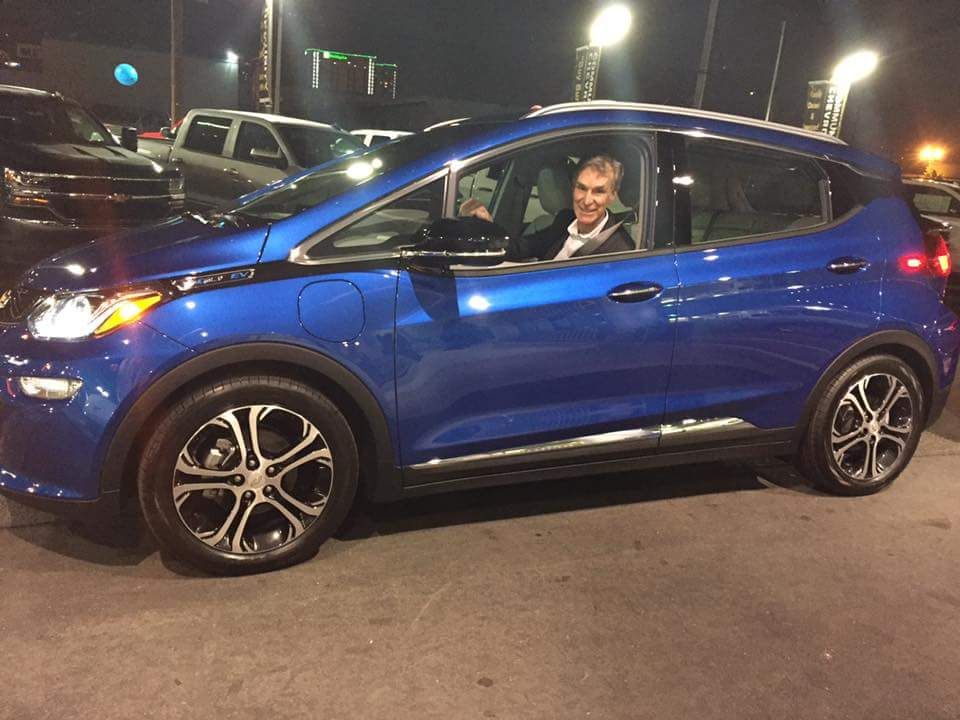Oh, ok. I never heard someone refer to it as "DCFC jump" before and I wasn't thinking it was related to charging. Thanks!
I've never seen those exact words before, but they are quite appropriate to the phenomenon.
I think I've used the phrase Supercharger Hop to describe the same concept before (Tesla specific, of course - but for now anyone who has done it was in a Tesla. That's about to change, though.)



